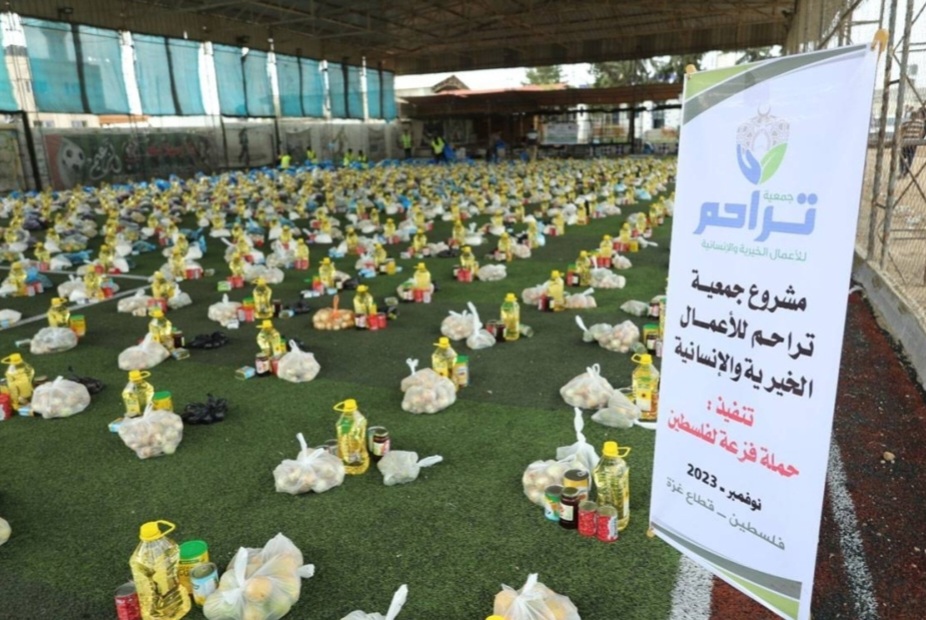Inside a Syrian refugee camp: ‘Education is the only hope for children’


Academia | The Guardian
What am I doing on a high plateau near the Lebanon-Syria border in the freezing, dusty town of Arsal?
The area has been shunned by other western aid agencies as being too dangerous; beyond the ring of Lebanese checkpoints, Islamic State (Isis) and al-Nusra Front militants rule.
So why am I here? I’m not brave. Even though I’ve taken all possible precautions, I get nervous at night when the power goes off and I lie in bed listening to the “crumph” of the Lebanese army shells and wait for the shadow of an Isis fighter to cross the glazed window of the locked door of my freezing, lonely store room.
My Syrian team protect me as I move from camp to camp delivering 10 tonnes of winter clothing and materials for the refugee camp schools on behalf of Edinburgh Direct Aid (EDA). Education here is crucial; there are 11,000 children packed into this town who need to learn and need the cathartic routine offered by regular school attendance – a way to try and forget their appalling war experiences. Education represents their future, their only hope.
There are three Lebanese schools offering the school share system, where state schools run a second shift to help educate young Syrian refugees. This scheme is admirable, but it can only cater for a small proportion of refugee children and the drop-out rate is high because much of the Lebanese curriculum is delivered in French, not the Syrian children’s accustomed Arabic.
Many informal camp schools have sprung up, run by volunteer Syrian managers and teachers. I find these schools so inspiring; the volunteers provide high quality teaching with only limited funding from small Lebanese organisations and Gulf state donors. If they’re lucky they might get a one-off payment of $50 (£33) every four months or so.
It’s these schools that the EDA helps. We’ve brought large crates of stationery, whiteboards, blackboards, paper, exercise books, pens, pencils and calculators. We buy English, science and mathematics textbooks so that the grade 9 refugee children can take their upcoming exams. We buy board rubbers and geometry sets. All these basics are gold dust to the students and teachers.
Around 75,000 refugees are struggling to survive in these camps. This winter has been harsh, with several major snowstorms, and each morning I emerge from my own little piece of hell to continue distributions. We take our winter clothing supplies to the poorest camps near the buffer zone where the shelling is loudest and the shooting sometimes too close for comfort. The pitifully basic Syrian hospitals and clinics are given heating fuel so that patients no longer lie freezing under blankets. The schools are given heating oil – a warm stove can burn in each tent classroom.
The work is difficult, sometimes heartbreaking, but often uplifting. An elderly lady shivering in the snow in flimsy clothing gets a thick warm winter coat while a three-year-old child, who has nothing but broken pieces of plastic on her freezing feet, gets new winter boots. The happiness of the child’s mother is immediately obvious.
Time passes. Our supplies dwindle. On my last day I get a desperate plea from my Syrian team to help four families – 35 people with 10 children under six-years-old – being evicted from their filthy storeroom shelter at 8.30pm that evening. These once wealthy Syrian farmers have nothing and are now about to have even less. It’s snowing and the wind is bitter. I have just enough money left from my EDA kitty to pay their rent and buy heating fuel for another month. My team will organise a permanent solution.
This final task somehow epitomises all the emotions of my last 12 days in the camps. I’m suddenly full to the brim with the overwhelming misery of it all. I feel a rising sense of panic and sadness as the time for me to leave draws close with so much left undone. I want a hot shower, a normal bed. I want to feel safe and secure, but I don’t want to leave my team – we have become very close and have had fun amid the tragedies.
However, leave I must and return to the “normal” things of life. I always find the return to normality difficult. Who will understand my experience when I get home? How can I expect people to understand?
My driver Rashid revs the car engine and I leave. We sail through the checkpoints without trouble – Rashid has no English but he’s proud of his ability to negotiate these checkpoints with silky smooth ease. I don’t want to talk, I just want to absorb all that has happened and forget some parts. I look to the future and all the important work EDA has left to do in Arsal. There are so many young men drifting around in the camps – they have wild eyes, no employment, no activity, no hope and no future. The militants can – and are – offering them all these things. It’s already happening and we already have projects in hand to offer them an income and a useful set of skills to counteract the risk.
Soon I shall take my first shower and put on the first clean clothes in almost two weeks. Even more inevitable is that fact that I shall return to Arsal and be watching nervously for shadows of Isis fighters on the glass door of my store room, no doubt wondering once again why I’m there.






